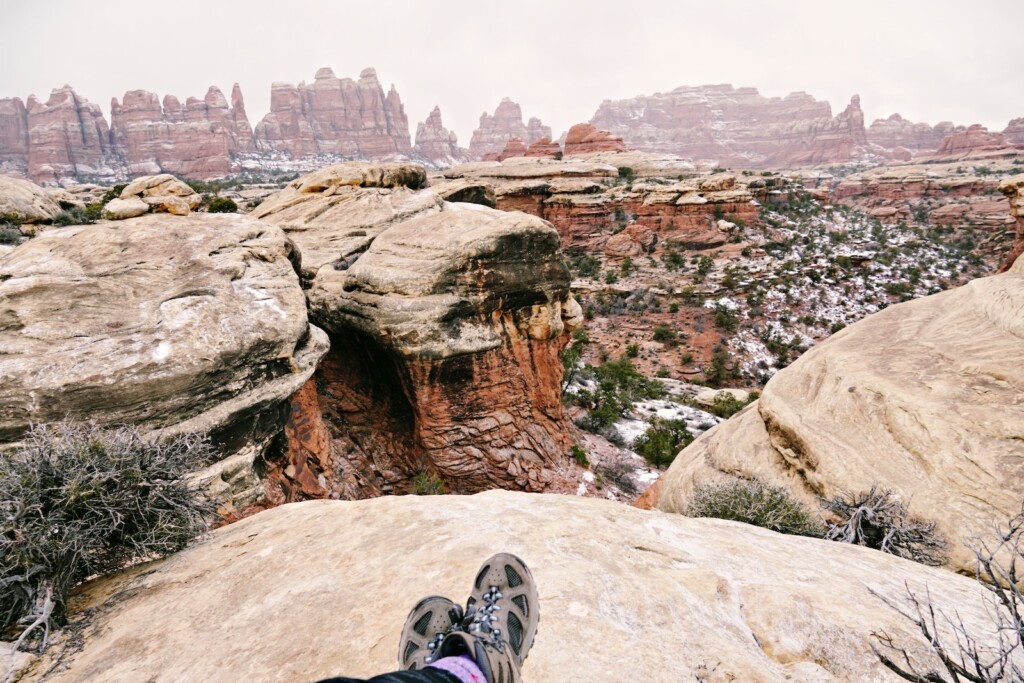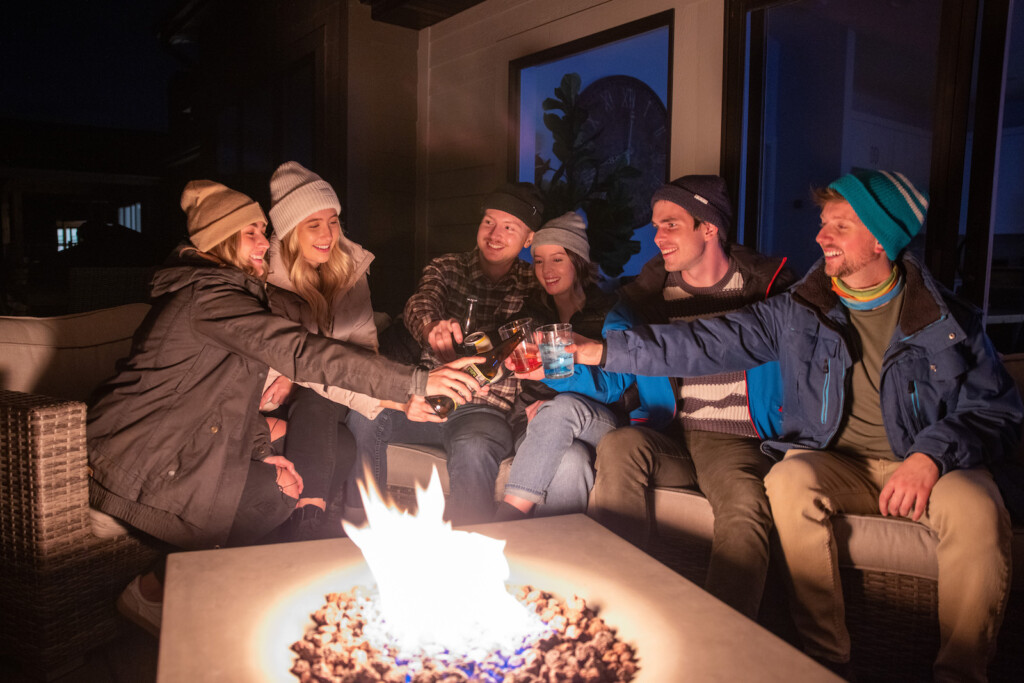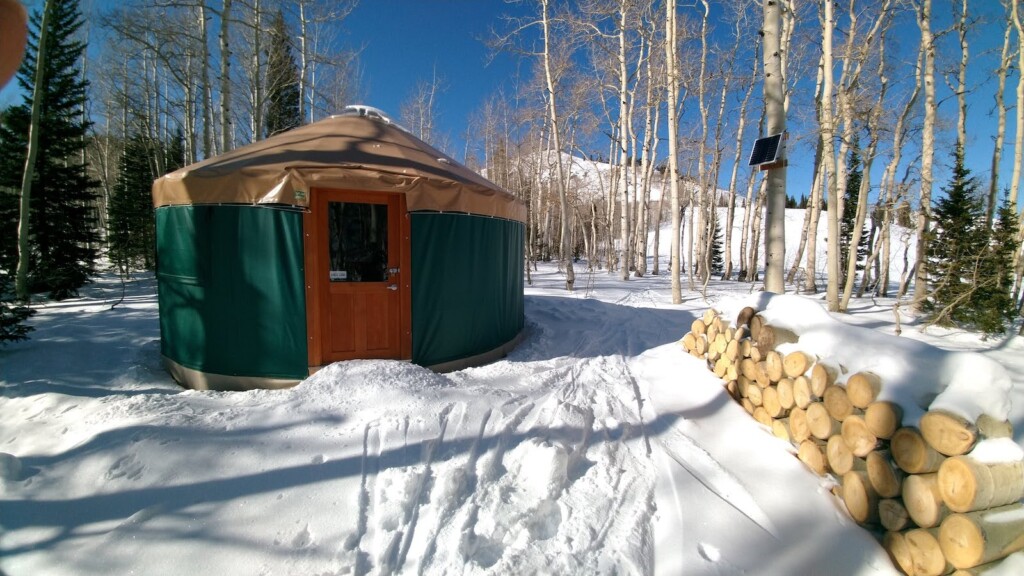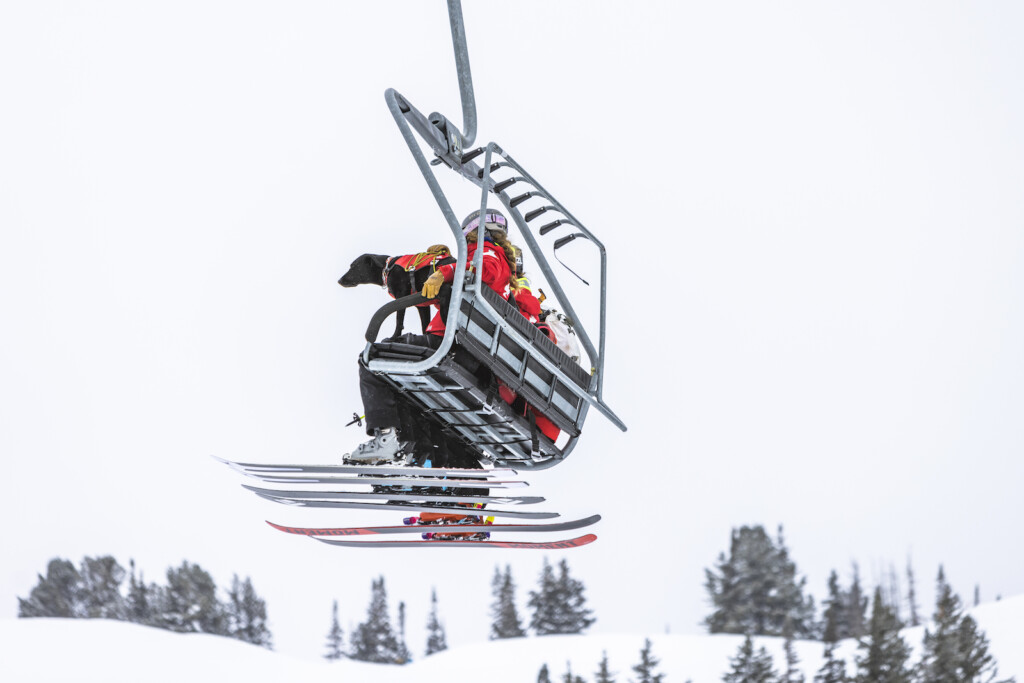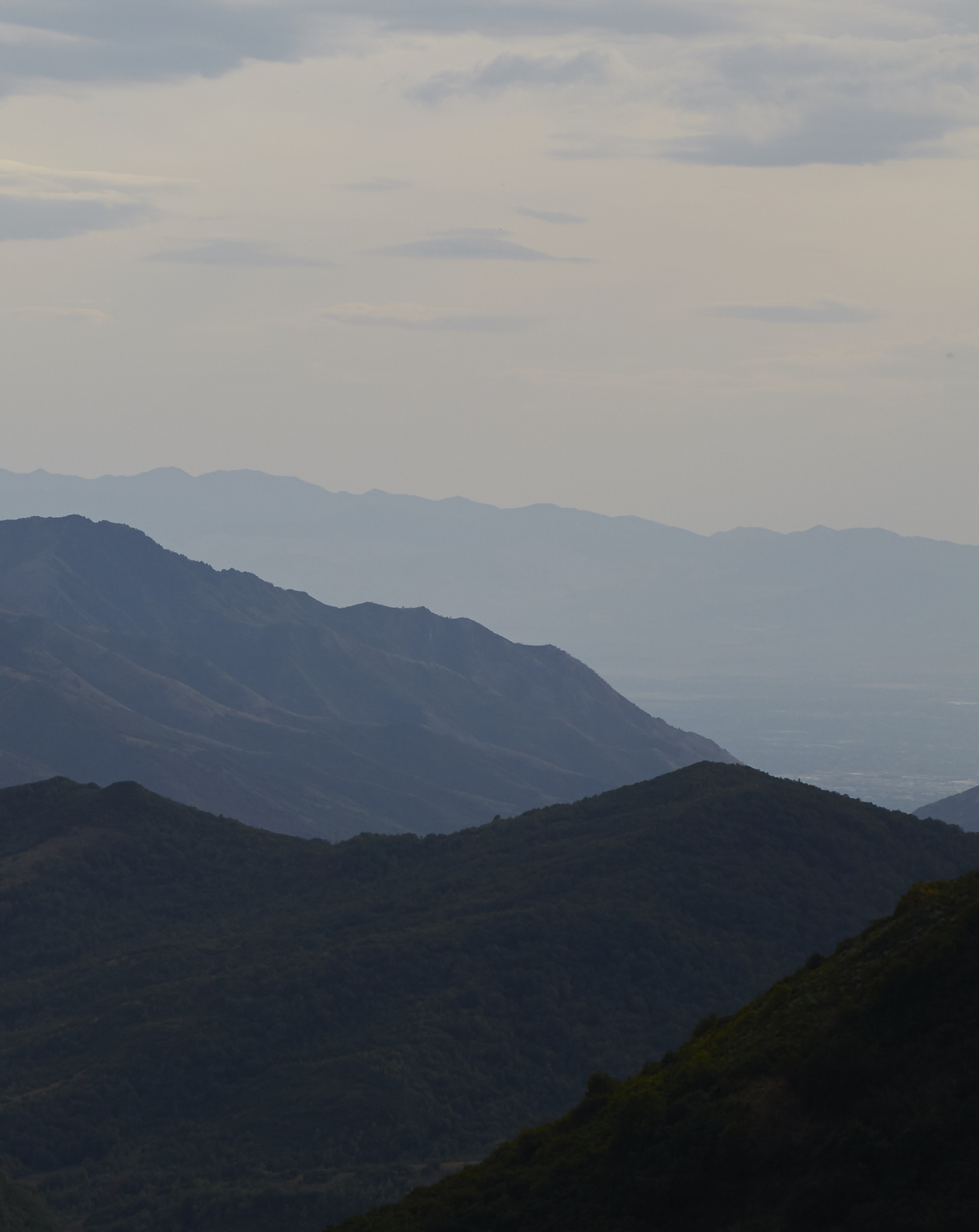
Compared to most mountainous states across the world, Utah has been said to have some of the best access to its recreational peaks. With urban planners and developers concerned about the State’s projected population growth, in 2014 Mountain Accord (MA) became the proposed solution to a looming problem.
According to their website, “The Accord is the culmination of two years of public feedback and an unprecedented locally-led process among government agencies, environmental advocacy groups, ski resorts and private landholders.”
Their goal is to keep the mountains preserved while configuring innovative access routes. Some of their efforts include the obvious: buses, transportation and carpooling initiatives. But others have been more daring, such as an access lift that connects different ski resorts (dubbed SkiLink) and the possibility of a tunnel connecting Big and Little Cottonwood Canyons.
Those efforts have created numerous controversies, most notably from environmental groups concerned over ecological preservation and watershed rights. In October 2016, Mountain Accord announced that the Central Wasatch Commission (CWC) would be formed as both an interlocal agency and a State of Utah subdivision, with two of their primary objectives being watershed preservation and transportation solutions. The current focus area is between 1-80 and the southern Salt Lake County border of Little Cottonwood Canyon.
Mountain Accord strives to make transportation easier and hopes to avoid the kind of congestion Colorado’s I-70 sees during the snowy season. MA is currently working with the Utah Transit Authority to mitigate traffic congestion this season. “[It’s] improvements [will be] to bus service, parking management, getting people to carpool and real-time communication so people can know what’s going on,” Mountain Accord Program Director Laynee Jones said.
Many view this accord as an example of how good governance, transparency, and working together can accomplish difficult tasks. The non-profit organization, Save Our Canyons, a known vocal opponent of MA in the past, released a statement in October to the Salt Lake County Council, detailing their support for the CWC movement.
“As stakeholders, we are proud of the Mountain Accord’s openness, transparency, and commitment to finding consensus among stakeholders and the public for the benefit of the Wasatch Mountains. We, the undersigned organizations, express our support for the Central Wasatch Commission resulting from the Mountain Accord process. Please join us in supporting the Central Wasatch Commission and ensuring that the years of effort which have gone into the Accord process continue to move forward for the greater protection, preservation and enjoyment of the Wasatch Mountains.”
Once more in October, new legislation has been pushed for that would allocate 80,000 acres from the Forest Service into recreational areas. The legislation has been supported by both Republicans and Democrats, including Salt Lake City Mayor Jackie Biskupski.
Issued in a written testimony, Biskupski said, “Everyone understands we have a once-in-a-generation opportunity to protect the peaks, canyons and streams which help define our area.”


